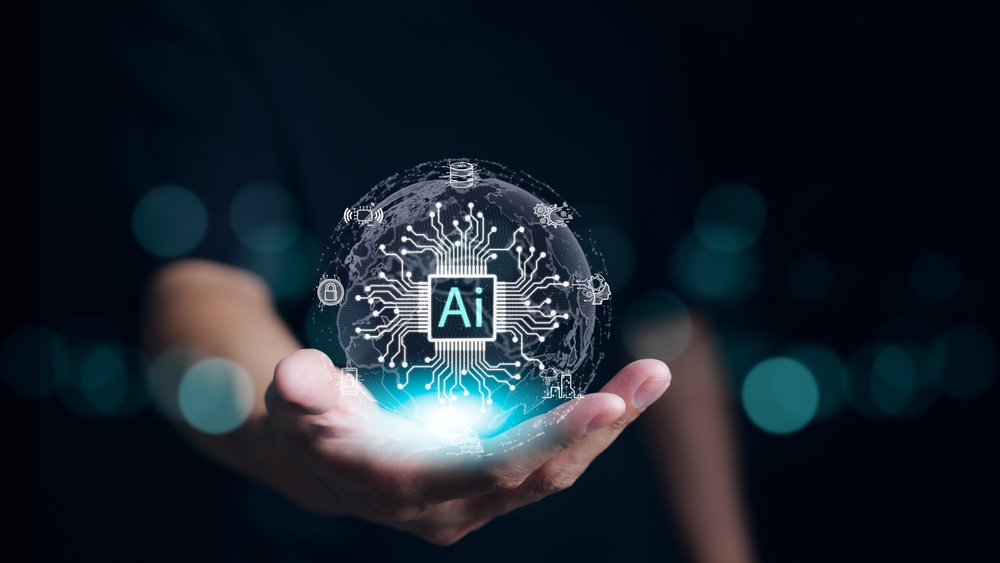WASHINGTON– Today, the Lawyers’ Committee for Civil Rights Under Law, alongside Senator Cory Booker and other leading advocates, convened for a briefing to discuss the civil rights challenges tied to artificial intelligence and the solutions needed to ensure such systems are free of bias and used responsibly. Damon Hewitt, President and Executive Director of the Lawyers’ Committee, spoke alongside leaders and advocates directly affected by racially discriminatory technology, proposing solutions and reiterating the imperative for Congress and the Biden Administration to recognize bias in AI systems as a civil rights issue and effectively manage its risks.
“Harnessing the promise and managing the risks of artificial intelligence will be a major challenge of our time,” said Senator Cory Booker. “Designing policies to responsibly govern AI and protect Americans’ civil rights requires that we have diversity at the table. I commend the Lawyers’ Committee for Civil Rights Under Law and all of the advocates who participated in the briefing for their dedication to these important issues, and I’m committed to working with my colleagues in Congress to create a fairer, safer AI future.”
“Sixty years after the March on Washington, the demand for ‘jobs and freedom’ continues to resonate in Black and Brown communities still waiting to be fully heard. Only now, our communities face an unprecedented threat to those basic demands in the form of racially-discriminatory algorithms that entrench racial discrimination and threaten civil rights,” said Damon Hewitt. “Equal opportunity and civil rights are deeply impacted by current and future technology, where algorithms decide opportunities when it comes to bail, housing, and education, perpetuating discrimination against Black communities. The job of Congress is to meet this moment, and to do so in a way that addresses the civil rights imperative as a core issue, not a sideshow. We are thankful to Senator Booker for sponsoring today’s briefing and will continue the fight until algorithmic justice is a reality.”
“I commend the convening of leaders concerned with addressing current and emerging AI harms that acutely impact marginalized communities and also impact all of society. No one is immune from being “excoded”, that is being negatively impacted by AI systems. Policymakers need to make sure that redressing algorithmic harms becomes a priority because there needs to be mechanisms for accountability for anyone aiming to develop responsible or beneficial AI systems,” said Dr. Joy Buolamwini, Author of Unmasking AI and founder of the Algorithmic Justice League. “We need to be careful that the foundations of AI are not predicated on data taken without permission or compensation. We need fair trade data and ethical AI pipelines that do not exacerbate inequalities. Only then can we in good conscience extol the promises of AI.”
“Privacy and algorithmic justice are inextricably intertwined. Bills regulating AI technologies need to grapple with the harms these technologies are causing today,” said David Brody, Managing Attorney of the Digital Justice Initiative at the Lawyers’ Committee. “Today’s briefing was critical to addressing the complex civil rights issues surrounding AI. We need Congress and regulatory agencies to require AI to be safe and effective.”
##
About the Lawyers’ Committee for Civil Rights Under Law – The Lawyers’ Committee for Civil Rights Under Law is a nonpartisan, nonprofit organization, formed in 1963 at the request of President John F. Kennedy to mobilize the nation’s leading lawyers as agents for change in the Civil Rights Movement. Today, the Lawyers’ Committee uses legal advocacy to achieve racial justice, fighting inside and outside the courts to ensure that Black people and other people of color have the voice, opportunity, and power to make the promises of our democracy real. For more information, please visit https://lawyerscommittee.org.


